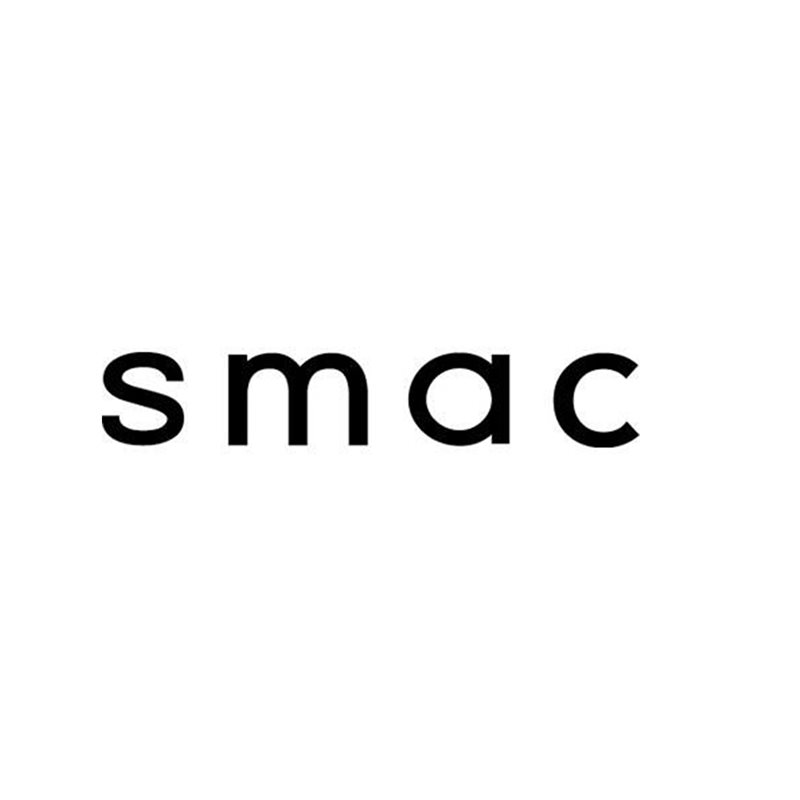 SMAC Gallery
SMAC Gallery
In your shadow examines the influences and the impact the canon has had on artists from different backgrounds. It is an attempt to draw out the idea that paintings inherit their maker’s ideologies, and in turn become a reflection of society.
In the figurative painting process, the painted image is influenced by the external changes that are happening in real time - while a painting may be thought out beforehand, there is no amount of planning that can predict the ending. In this way, paintings move faster than their painters: they move in the same way as ideas - sometimes dissipating before they can come to fruition, with thoughts ebbing and flowing like the swiftly evaporating turpentine their pigments are suspended in.
Similarly figuration is a study of life, more so than a study of the figure. While entrenched in the canon, its historical Western framework should not limit figuration discourse to portraiture painting. A eurocentric lens on figurative painting has prioritised the portrait as a symbol of wealth through its depiction and preservation in documenting monarchs and the likes. In addition the global art market further designates its value, overshadowing all other forms of art by fetching record prices at auctions. The decolonial continuity of art-making recognises figuration beyond the limited parameters of the Western lens, seeing the narrative reaching far beyond the historical scope of the West. We find artists breaking away from figuration because of its intrinsic links to the canon and instead searching for new mediums that speak to their own cultures and traditions.
Some artists are navigating ‘traditional’ figuration by changing the medium in which the works are created, and in doing so subverting the framework of figure studies and portraiture. Some artists lean right into it, using subtle conceptual tactics and being intentional about what objects and bodies they represent. The figure is a solipsistic object, central to human existence, with the body being the most contentious subject of all.
Within abstract art, the eye searches for familiarity, often calling a square a block or a yellow circle a sun. Conversely the paintings within this collection of work ask for the kind of looking that comes naturally to us, such that we can explore any derivations from the norm with open curiosity. Faceless bodies, purple legs, a red glove, a two-toned head, masked faces, a square-bodied man, lovers described with as few raw number strokes as the painter can.
